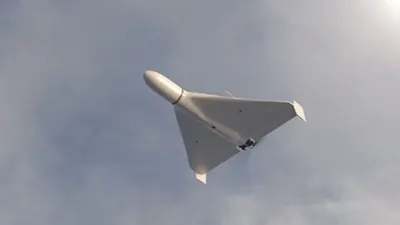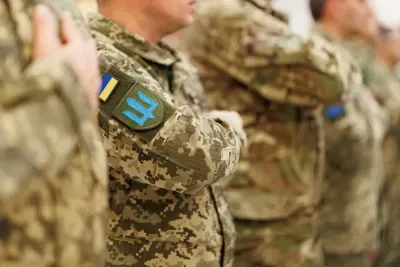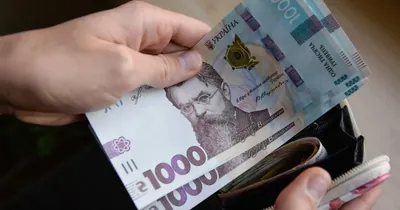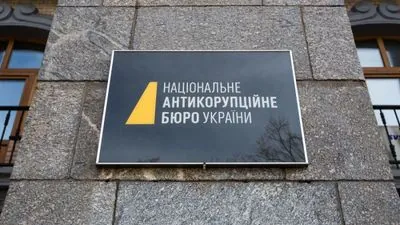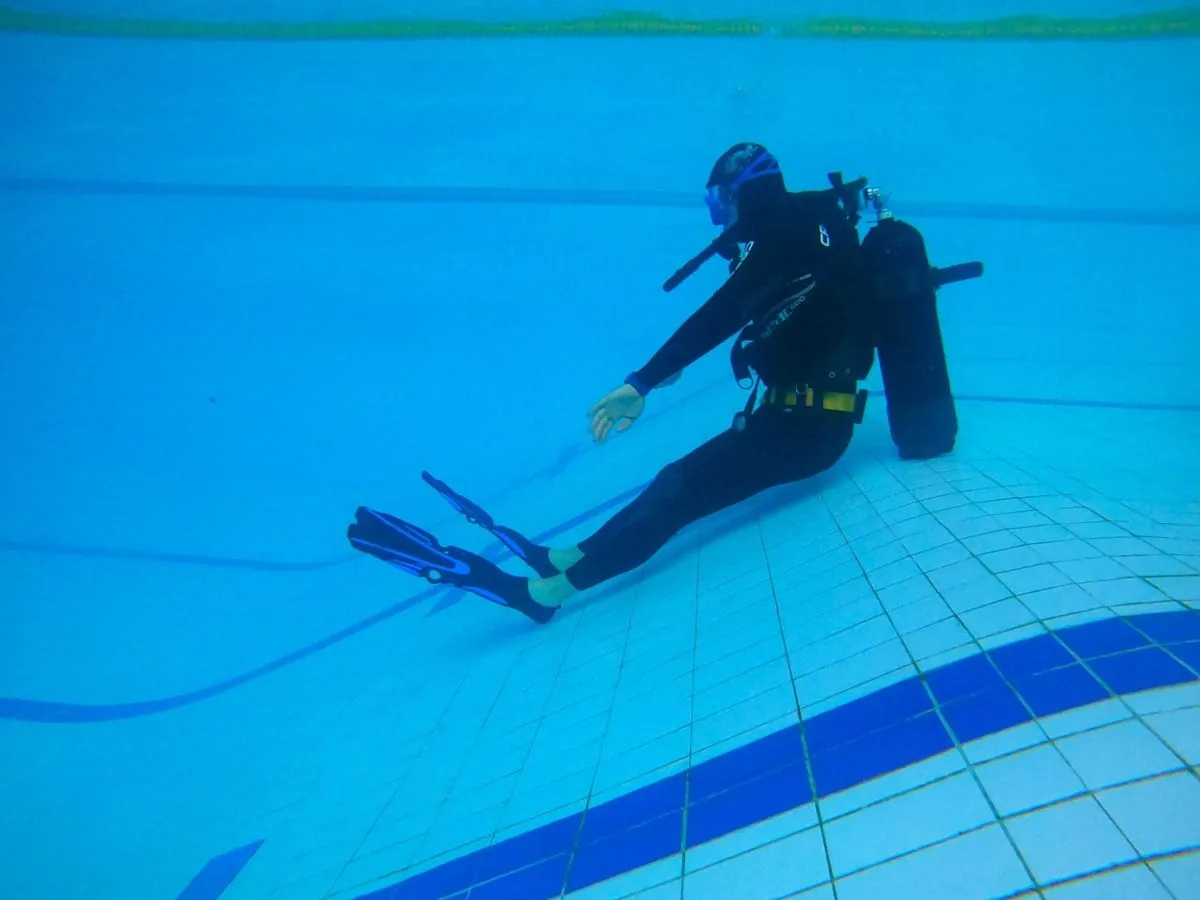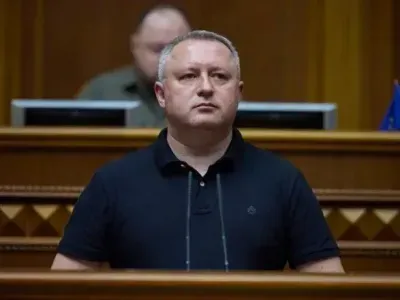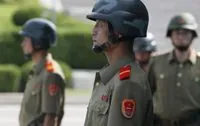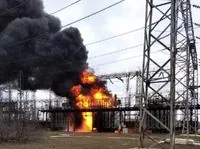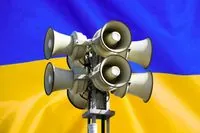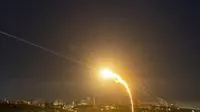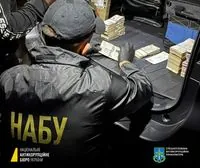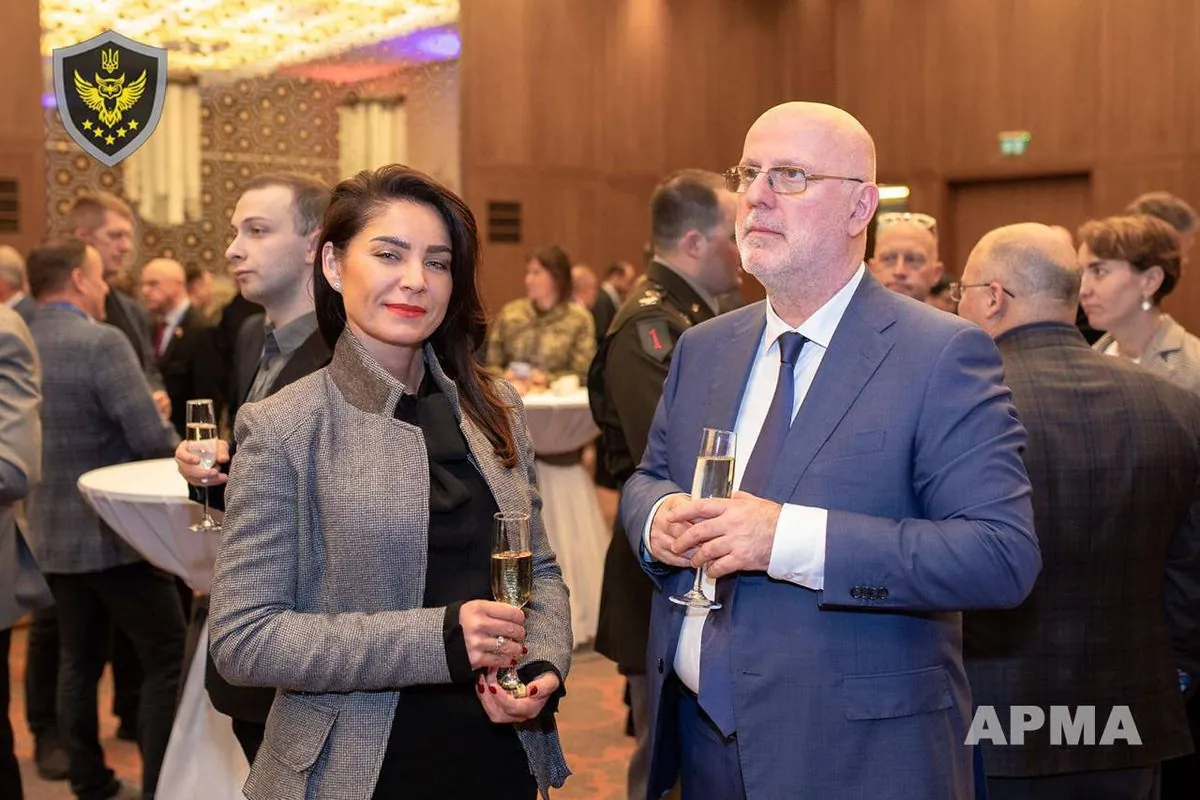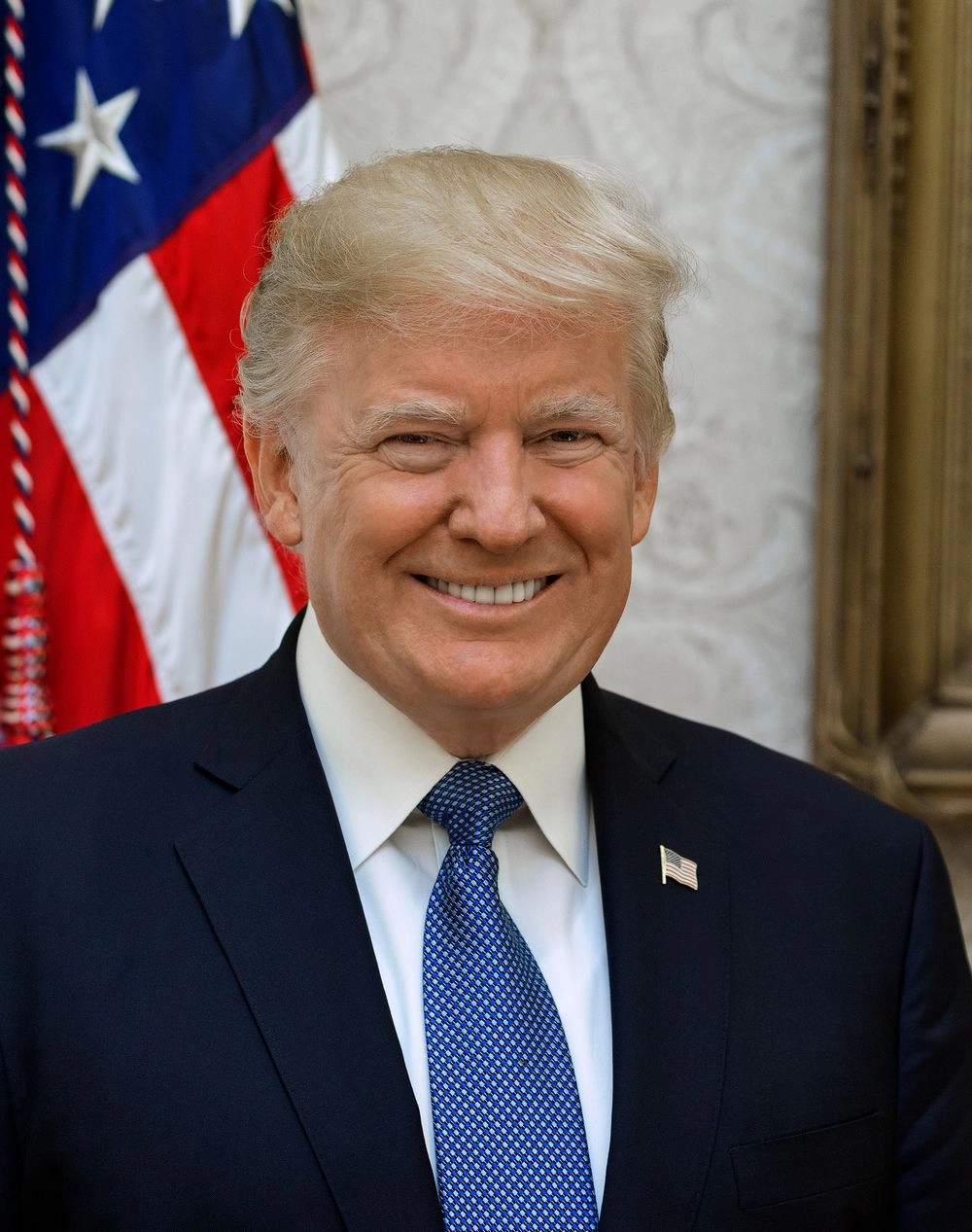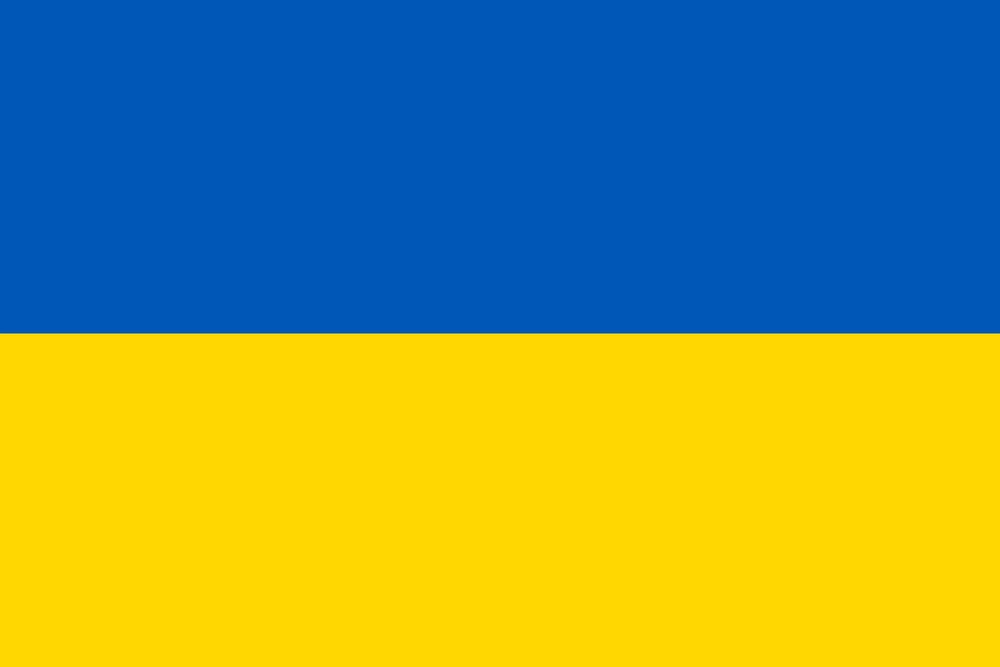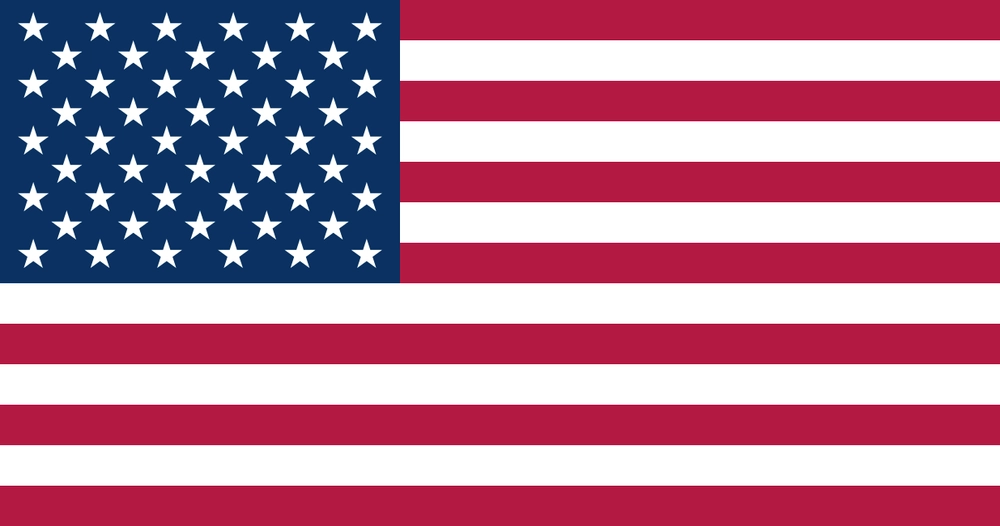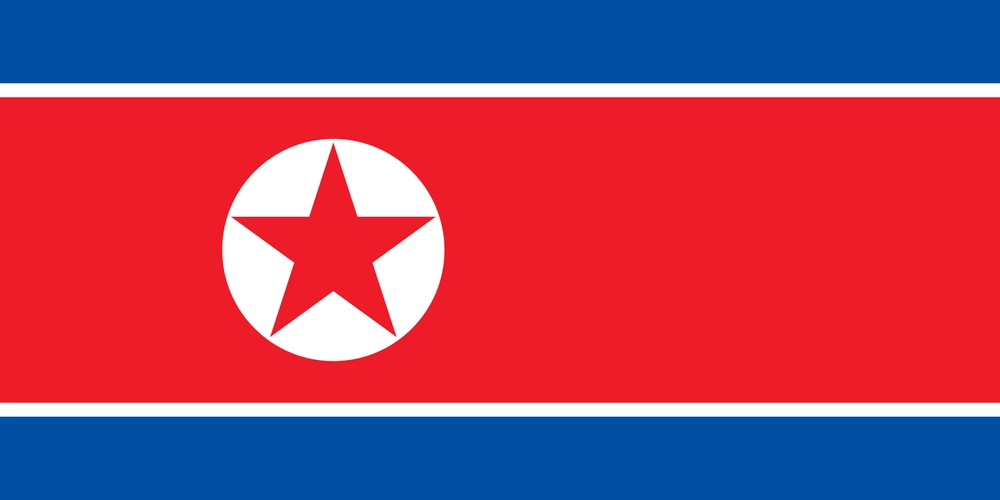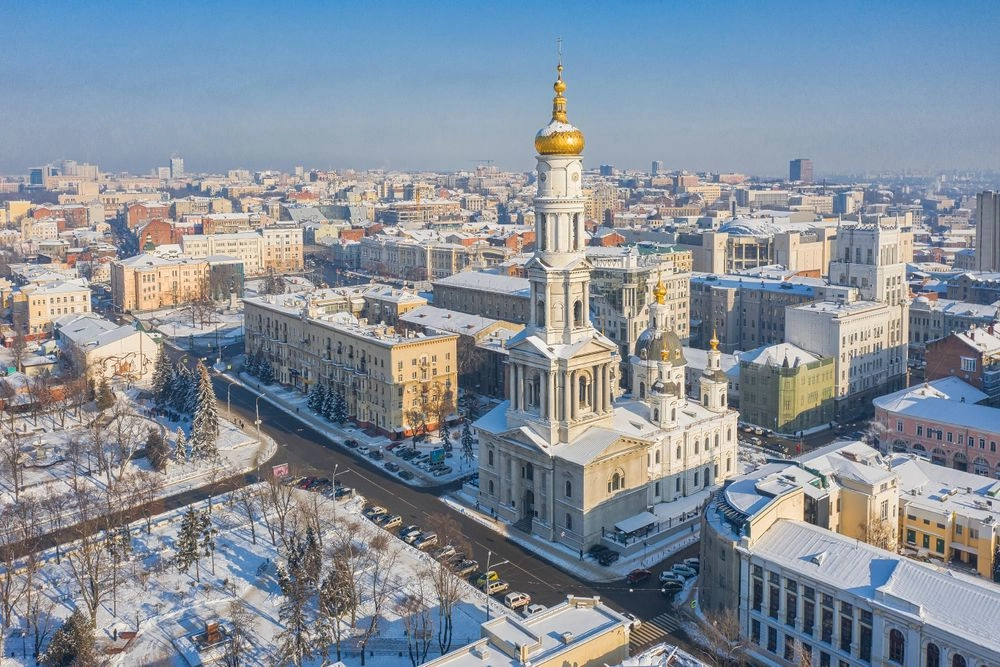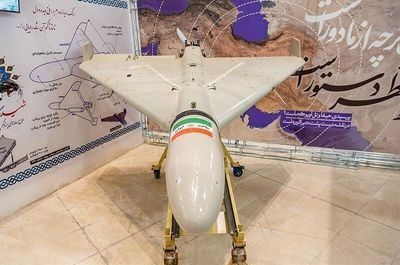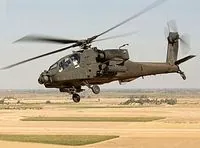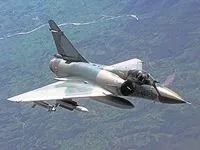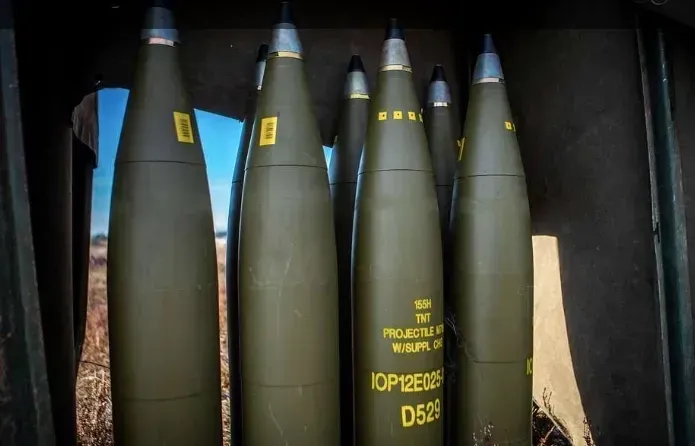
Expert: It is difficult for Ukraine to buy Soviet-style ammunition in the world because of Russia's influence
Kyiv • UNN
Expert: It is difficult for Ukraine to buy Soviet-style ammunition in the world because of Russia's influence
It is quite difficult for Ukraine to buy Soviet-style ammunition from the world, in particular because Russia buys it for a higher price. This opinion was expressed in an exclusive commentary to UNN by political observer Hennadiy Dubov.
Experts in comments to UNN note that the arms market is now fiercely competitive, and Russia still uses its influence on countries that have Soviet-style ammunition to prevent Ukraine from receiving shells. At the same time, Balkan countries still have warehouses with Soviet weapons, which can be bought cheaper than NATO weapons. However, some of these countries still refuse to supply these weapons and ammunition to Ukraine, arguing that they keep them as their national stockpile to preserve their defense capabilities.
"Soviet equipment requires Soviet ammunition of specific calibers - 122 and 152 mm. They are different from Western weapons. Since the equipment remains, it needs ammunition. Russia is influencing this, including by buying ammunition at a higher price," said Gennadiy Dubov.
It is also difficult for Ukraine to purchase ammunition on the global arms market because business laws prevail there. That is, manufacturers would rather sign a contract for the purchase of ammunition with a country that is not at war and has a stable financial position than with Ukraine. Moreover, almost all contracts for the purchase of weapons and ammunition are concluded with 100% prepayment, as this is a guarantee of fulfillment of obligations, because it is much easier to communicate with the customer from this position, it reduces the likelihood of claims regarding quality and other parameters, terms, etc.
"Today, unfortunately, not only we have a great demand for ammunition in the world... We are at war, but countries that are not at war also buy ammunition for their warehouses. Therefore, if a private supplier, and European suppliers are mostly privately owned, has a choice - to supply for the same price to a country that is not at war and has good public finances, or to a country that is at war and has bad public finances - you will choose (the first option - ed.)... this is business, and it has no moral sentiments, it goes where the payment situation is more reliable," the expert says.
Add
The vast majority of the Ukrainian Armed Forces' weapons before the full-scale invasion were, to varying degrees, Soviet inheritance. Therefore, the weapons themselves, spare parts and ammunition are produced mostly in the former Warsaw Pact countries. Some of the states that have the ammunition Ukraine needs are hostile, such as Russia and Belarus. Ukraine received all possible assistance from other post-socialist countries that joined the EU (Poland, Czech Republic, etc.).
However, there remains a group of Balkan states that, despite the European integration processes in some of them and support for Ukraine, are still under the strong influence of the Russian Federation. In these states, friends of Russia are still in power and have a significant impact on the policies of their countries. In practice, this is manifested in the fact that despite their overwhelming support for Ukraine, they refuse to supply us with weapons and ammunition directly. Therefore, Ukraine is forced to purchase ammunition from these countries through a number of intermediaries.
